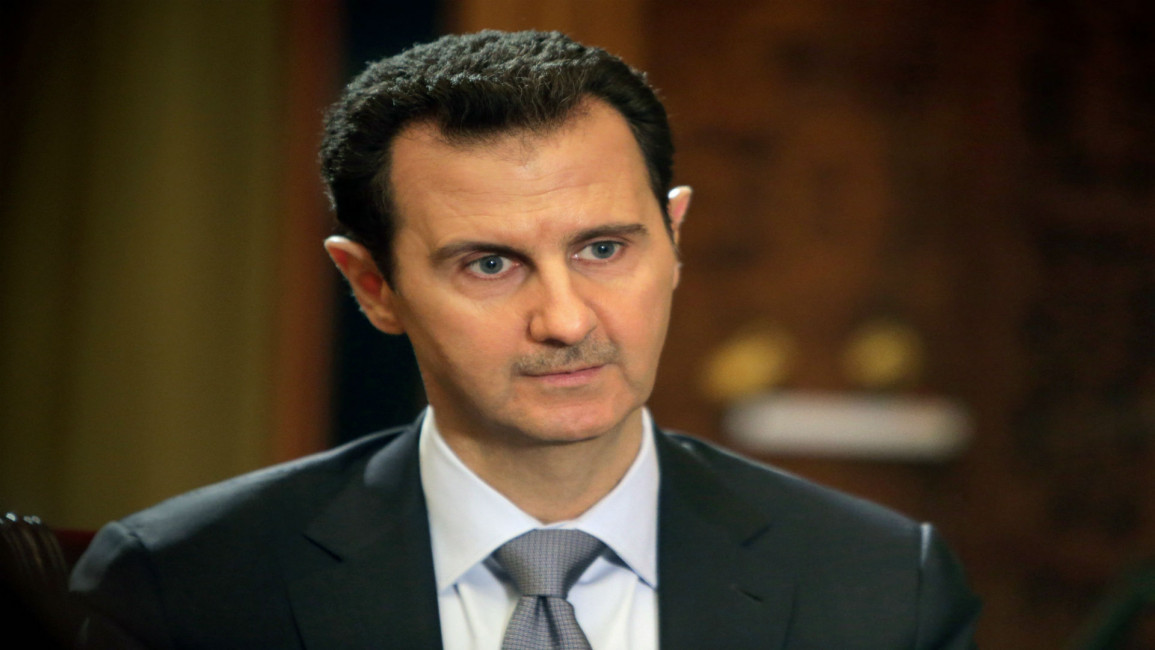Assad says ceasefire 'difficult' to implement
Syria's President Bashar al-Assad on Monday said the internationally backed plan for a ceasefire would be "difficult" to implement, placing further hurdles in the path of the ambitious proposal.
His comments were the first from the embattled leader on the plan put forward by diplomats in Munich last Friday for a so-called "cessation of hostilities" to begin within a week.
"They are saying they want a ceasefire in a week. Who is capable of gathering all the conditions and requirements in a week? No one," Assad said in televised remarks in Damascus.
"Who will talk to the terrorists? If a terrorist group refuses the ceasefire, who will hold them to account? Practically, talking (about a ceasefire) is difficult," he said referring to the armed opposition, according to a transcript published by state news agency SANA.
World powers last week called for immediate humanitarian access throughout Syria and a ceasefire to begin within a week, which would not include al-Qaeda affiliate al-Nusra Front or the Islamic State group (IS).
But the details of just how the plan would be implemented remain to be worked out, with a UN panel co-chaired by the US and Russia tasked with the job.
Assad said a ceasefire could not mean "that everyone stops using their weapons."
"This is the narrow sense," he said.
 |
If this proposed ceasefire doesn't stop Russian warplanes from bombing hospitals and schools, then the US and others shouldn't pretend it's a ceasefire James Sadri |
 |
"A ceasefire must mean stopping terrorists from strengthening their positions. Moving weapons, equipment, terrorists or strengthening positions must all be forbidden," he added.
The Free Syrian Army warned that the proposed ceasefire was a "trap" while other opposition figures expressed concern about any deal that does not end Russian airstrikes in support of Assad.
"If this proposed ceasefire doesn't stop Russian warplanes from bombing hospitals and schools, then the US and others shouldn't pretend it's a ceasefire," said the director of The Syria Campaign, James Sadri.
The international plan is intended to bolster the chances for new peace talks, which began at the end of January but collapsed before getting off the ground amid mutual suspicion and opposition calls for the implementation of UN resolutions on protection of civilians and the lifting of sieges.
As the talks opened, the regime launched a major operation in northern Aleppo province, backed by Russian forces, drawing the ire of the opposition and its backers including Turkey and Saudi Arabia.
The two countries have talked recently about the possibility of dispatching ground forces into Syria to fight IS, and Assad warned that any such intervention into his country would have "global, not just local, repercussions".
The UN's Syria envoy Staffan de Mistura arrived in Damascus late Monday on a surprise visit to discuss the ceasefire plan and efforts to renew peace talks later this month.
Agencies contributed to this report



